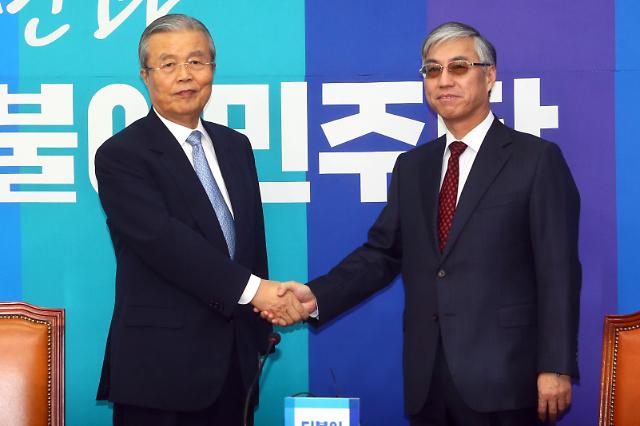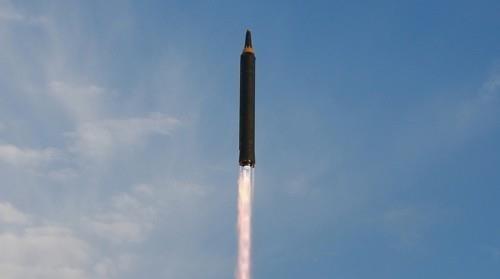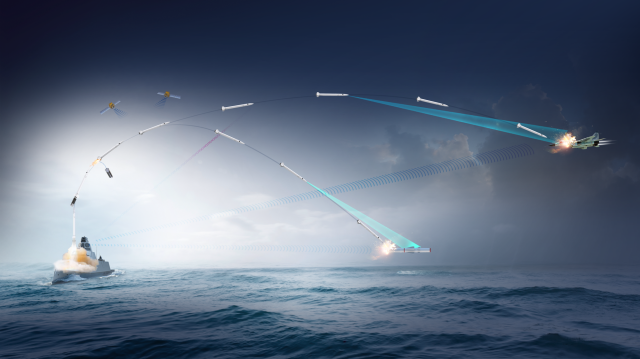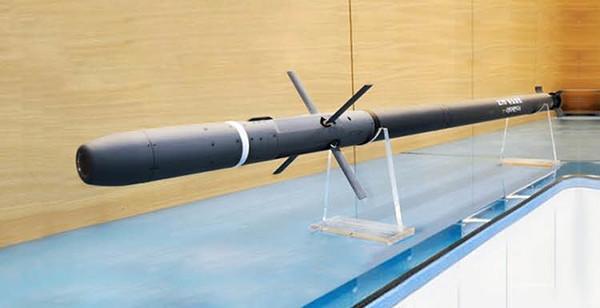
Chinese ambassador to South Korea Qiu Guohong shakes hands with Kim Jong-in, the interim head of South Korea's main opposition Minjoo Party of Korea[Aju News DB]
Chinese ambassador to South Korea Qiu Guohong issued a stern warning Tuesday that an advanced US missile defense system on the Korean peninsula could spark a Cold War standoff in Northeast Asia and blow decades-long efforts to improve ties between Beijing and Seoul.
The warning came when Qiu met with Kim Jong-in, the interim head of
South Korea's main opposition Minjoo Party of Korea, party spokesman Kim Sung-soo told reporters.
Alarmed by Pyongyang's dauntless push for nuclear and missile programs, Seoul and Washington have agreed to start official talks on a controversial plan by US troops stationed in South Korea to bring in the Terminal High-Altitude Area Defense (THAAD) system.
Washington insists the THAAD system is a deterrent necessitated by the North's advancing ballistic missile program, while China and Russia argue that it would undermine stability and could trigger an arms race in a delicately balanced region.
Qiu expressed strong opposition to a possible THAAD deployment in South Korea, saying it would tip the strategic balance of power in the region and spark a Cold War-style confrontation and arms race.
"There have been enormous efforts to develop bilateral relations like today's, but such efforts could be made fruitless at once because of one issue," he was quoted as saying.
Chinese Foreign Minister Wang Yi is set to visit Washington from Tuesday to meet his US counterpart John Kerry for talks over the missile defence system and North Korea.
Washington and Seoul had been set to sign an agreement Tuesday on setting up a joint working group to look into the issue, but South Korea's defence ministry said Tuesday that talks would be delayed.
Some 28,000 US troops are stationed in South Korea under a mutual defense pact dating back to the 1950-53 Korean War. They have already conducted "informal studies" to find suitable sites for a possible THAAD deployment.
China and Russia are North Korea's only significant diplomatic protectors, although both have signaled growing impatience with Pyongyang's refusal to rein in its nuclear weapons program.
The THAAD row comes as South Korea seeks to balance the strategic priorities of its main military ally, the United States, against those of its biggest trade partner, China.
Seoul has said that the US missile system would be used only to deter North Korea's missile threat.
Analysts, however, say China may well see a THAAD battery as an apparent provocation as it would imply that South Korea is part of the US Ballistic Missile Defense.
아주경제 임장원 기자 = cwlim34@ajunews.com




